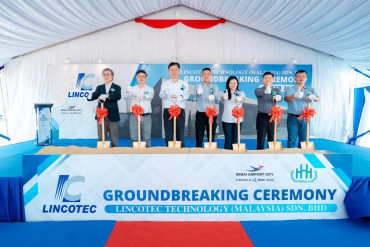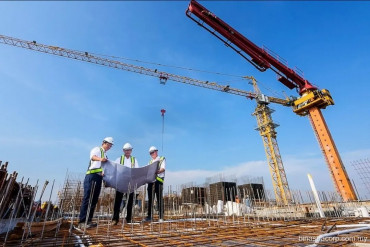ADVERTISEMENT
All Property News
Stay updated with the latest real estate and finance news, including property market trends, housing insights, and valuable information.

Jalan Ara, Bangsar, Kuala Lumpur bungalow sold for RM11.3m | DONE DEAL
6 hours ago

Binastra bags RM503 mil data centre job in KL
19 hours ago

PNB to independently assess Sunway’s takeover bid for IJM, says Fadillah
20 hours ago

Malaysia My Second Home: 744 participants bought homes in country, says minister
20 hours ago

IOI Properties sells 136 acres of industrial land for RM740 mil
20 hours ago

Mah Sing to revive two RMKU affordable housing projects in Penang
22 hours ago

Legally Speaking
Govt seeks to forfeit funds in Ilham Tower, individual accounts linked to Daim case

Guide to Homebuying
Find the best location for your home

Legally Speaking
KL High Court rules developer’s ‘contra arrangements’ with landowner invalid in K Residence condo case; Duta Yap’s son held personally liable
Trending narratives
Malaysia's Most
Loved Property App
The only property app you need. More than 200,000 sale/rent listings and daily property news.














































